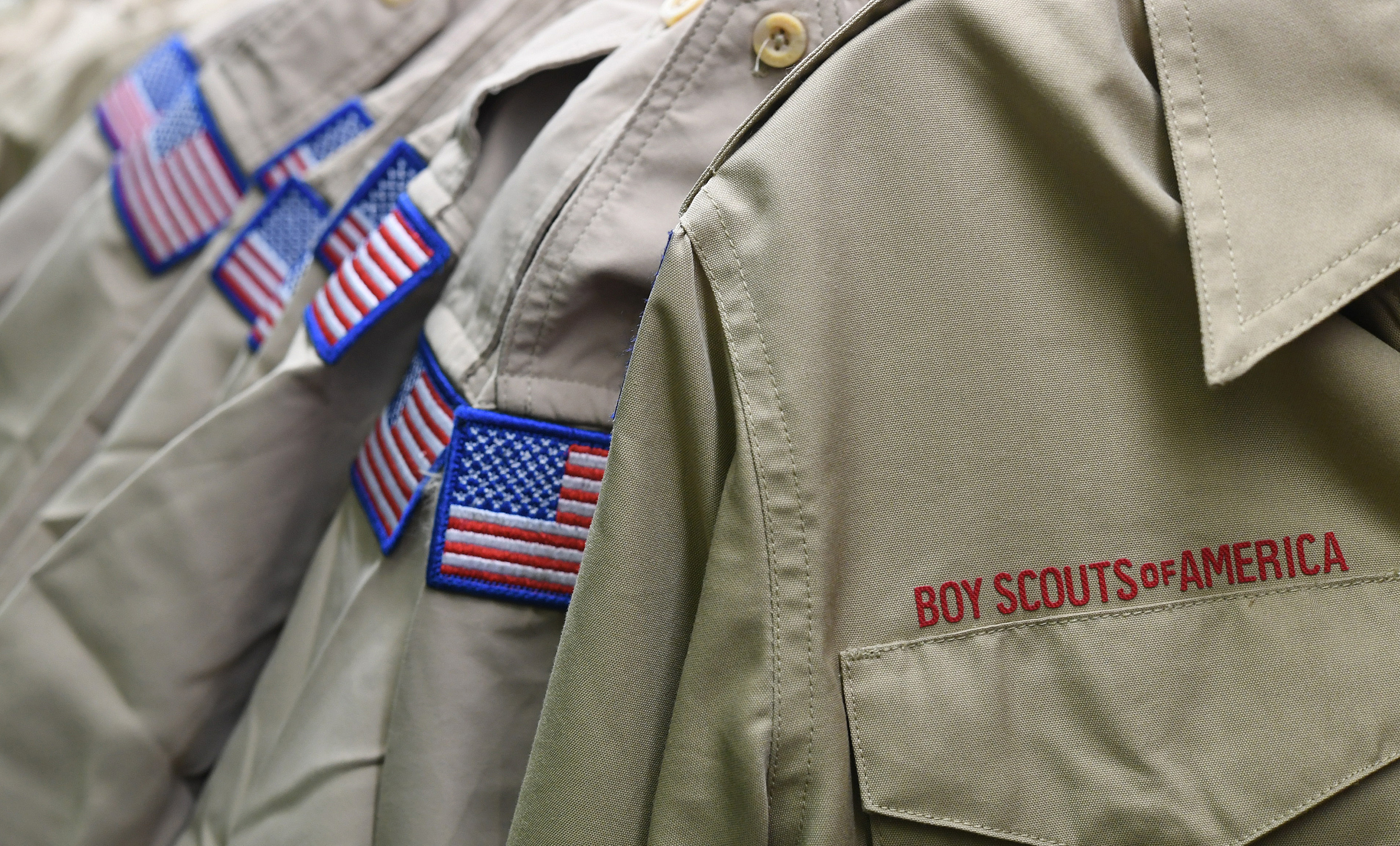The State of Florida is asking an appellate court to block a judge’s order to begin transitioning certain children out of nursing homes, where he ruled they were kept in violation of the Americans With Disabilities Act (ADA). NBC6’s Tony Pipitone reports
The State of Florida is asking an appellate court to block a judge’s order to begin transitioning certain children out of nursing homes, where he ruled they were kept in violation of the Americans With Disabilities Act (ADA).
A federal judge gave the state until the end of August to produce a plan that would allow certain children with complex medical needs to receive care either at home or in a community setting, rather than in nursing homes.
Watch NBC6 free wherever you are
But the state is appealing to the 11th U.S. Circuit Court of Appeals in Atlanta, seeking a stay of the judge’s order because, they argue, it would be impossible to find enough private duty nurses to provide the level of care to which the judge found families were entitled.
“The state’s failure to provide adequate private duty nursing was the cornerstone of this case since its inception” in 2012, U.S. District Judge Donald Middlebrooks wrote in an order rejecting the state’s request that he delay the effect of his injunction requiring the state comply with the law.
Get local news you need to know to start your day with NBC 6's News Headlines newsletter.
“Over its twelve-year history, this case has devolved into obstruction for obstruction’s sake, without regard to the consequences for these children with medical complexity and their families,” Middlebrooks wrote.
About 140 children with complex medical needs are in nursing homes and another 1,800 are at risk of institutionalization, according to undisputed testimony during the two-week trial in May.
The judge ordered the state to provide at least 90% of the nursing hours necessary to care for children who would not be kept in nursing homes.
Investigations
NBC 6 Investigates gets results
While the state called that “impossible,” Middlebrooks noted how little Florida reimburses for private duty nurses: $29.10 an hour – less than half of rates paid by, for example, Mississippi’s $58.65 and Louisiana’s $67.43.
During the trial, Middlebrooks heard testimony from the father of Caden Armor, a 9-year-old boy whose brain was damaged when he was three months old after his mother threw him into a Miramar lake. She was charged with attempted murder and died by suicide soon after her release on bond.
Caden is not able to speak, needs a wheelchair and a feeding tube and has spent almost all his life at Kidz Korner, a pediatric wing of a Plantation nursing home, which is not a defendant in the litigation. Several attempts by NBC6 to get comment from the director of Kidz Korner about the case were rejected, with an employee saying the director would not take our call.
His father testified he wanted Caden to live at home, but was led to believe that was not possible – something the judge found other parents perceived, as well.
The state was first sued over this issue in 2012 by attorney Matthew Dietz and others, on behalf of several children they alleged were being housed in nursing homes in violation of the ADA.
“It’s horrible when you go to these facilities year after year, and you see the same children year after year,” Dietz told NBC6, after teaching disability rights to Nova Southeastern University law students.
The U.S. Department of Justice later took up the fight, culminating in July with Middlebrooks’ injunction.



